“UPHOLD our human and fishing rights as fisherfolk of the world, protect our livelihoods, pursue social justice for fishing communities, preserve and promote the culture of fishing communities worldwide, affirm water as the source of all life and commit ourselves to sustain fisheries and all aquatic resources for present and future generations of the world”.
With these words, fisherfolk from 24 countries and 35 organisations formed the World Forum of Fisher Peoples (WFFP) on November 21, 1997 in India. Since then, WFFP has grown hugely in strength and stature.
Member organisations of the WFFP are daily waging struggles in their respective countries, and draw strength from the lobbying, advocacy work, campaigns and research done by the WFFP.
WFFP is engaged in a range of lobbying and advocacy work right up to the United Nations (UN), European Union (EU), African Union (AU) and regional organisations and their subsidiary bodies and agencies.
Naseegh Jaffer, National Director of Masifundise, a South African WFFP member organisation, and co-ordinator of WFFP, believes that belonging to WFFP holds tremendous benefits for local organisations.
“It provides solidarity, we can take similar positions on issues, we can learn from each others’ struggles, build a strong social movement and together learn to bring about change that will benefit fishing communities locally and internationally, ” says Jaffer.
Herman Kumara of the National Fisheries Solidarity Movement (NFSM) in Sri Lanka, and WFFP co-ordinator, says that small-scale fishers in Sri Lanka were marginalised and did not have recognition, their rights as fishers were not respected, and their contribution as food producers were not recognised. This started to change when they started to organise themselves and later joined WFFP. “As a member of the wider WFFP family, we gained the recognition. Also, in the area of national policy formulation, we are campaigning against land and ocean grabbing based on the access rights of Voluntary Guidelines for SSF.”
For a long time, small-scale fishers just watched as big companies and foreign vessels caught their fish in huge quantities and emptied seas of the fish. A mass exodus of fisher folk from fishing communities occurred in many parts of the world due to their loss of access to fishing grounds and coastal lands.
Jaffer says that this is called ocean grabbing, a process whereby big companies and individuals take control of the sea and its resources, due to their massive economic and political power they wield, and through laws that exclude those with less powers from the resources of the ocean.
WFFP has made it one of its main goals to fight this scourge of ocean grabbing all over the world and is still heavily involved in campaigns against ocean grabbing.
Through WFFP fisherfolk globally can campaign together for political benefits, which in the end will translate into legislation that will positively impact on the lives of fisher peoples.
Through WFFP, local organisations can lobby for aid, and provide for direct input from fisherfolk into legislation and other discussions that impact on the lives of fisherfolk.
“WFFP demands the recognition and protection of fisher folk’s traditional rights in national law-making and policies, and rejects the practice of destructive fishing such as trawling and poisoning,” says Mohamed Reza, of the SNI Serikat Nelayan Indonesia / Indonesia Fisherfolk Union (SNI).
Through the Food and Agriculture Organisation (FAO) of the UN, WFFP extensively and vigorously campaigned for and contributed to the development and adoption of the Voluntary Guidelines for Securing Sustainable Small Scale Fisheries in the Context of Food Security and Poverty Eradication.
WFFP Member organisations, through duly mandated delegates meet every three years in the General Assembly (GA), its highest decision making body.
The General Assembly of the WFFP is held in a different country every time it meets, and was only once held in Africa, when it met in Kenya in 2005, and this year, Africa will get its second turn, when it will be held in Cape Town, South Africa.
The General Assembly elects a Co-ordinating Committee (CC), which manages and runs the activities of the WFFP between General Assemblies.
At the General Assembly, time is set aside for the delegates to meet as Continental Fora, and these fora in turn nominate two officials, each to serve on and represent their continents on the CC.
The CC meets once a year and consist of two co-chairpersons, secretary, treasurer and the two officials from each continent.
The head office of the WFFP is located in Pakistan, the country in which the secretary resides, the secretary sets up a secretariat in his office, from where s/he co-ordinates all the activities of the WFFP.
The WFFP has 16 objectives, which is important in protecting the human, social, and gender, education, and justice, political and economic rights of fisher folk globally.
Briefly, some of these objectives are to, advocate and lobby for the rights of fisherfolk and the future existence of fishing communities, their families and future generations; Fight for the equal participation of women in fishing, by supporting, enhancing and recognising the role of women in the social, economic, political and cultural life of fishing communities; Educate fishing communities and others about the importance of small scale fishing, and the protection and conservation of the fishing resource.
Compliance with the law is important in protecting small scale fishing and WFFP aims, ‘to promote a legal regime that will ensure the traditional and customary rights of fishing communities …’
WFFP will grow in the coming years and to represent small scale fishing communities in all countries of the world.

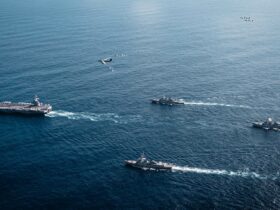
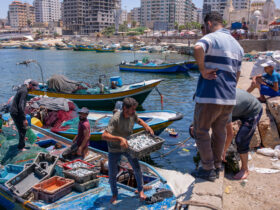
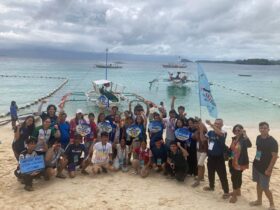
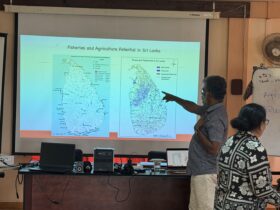
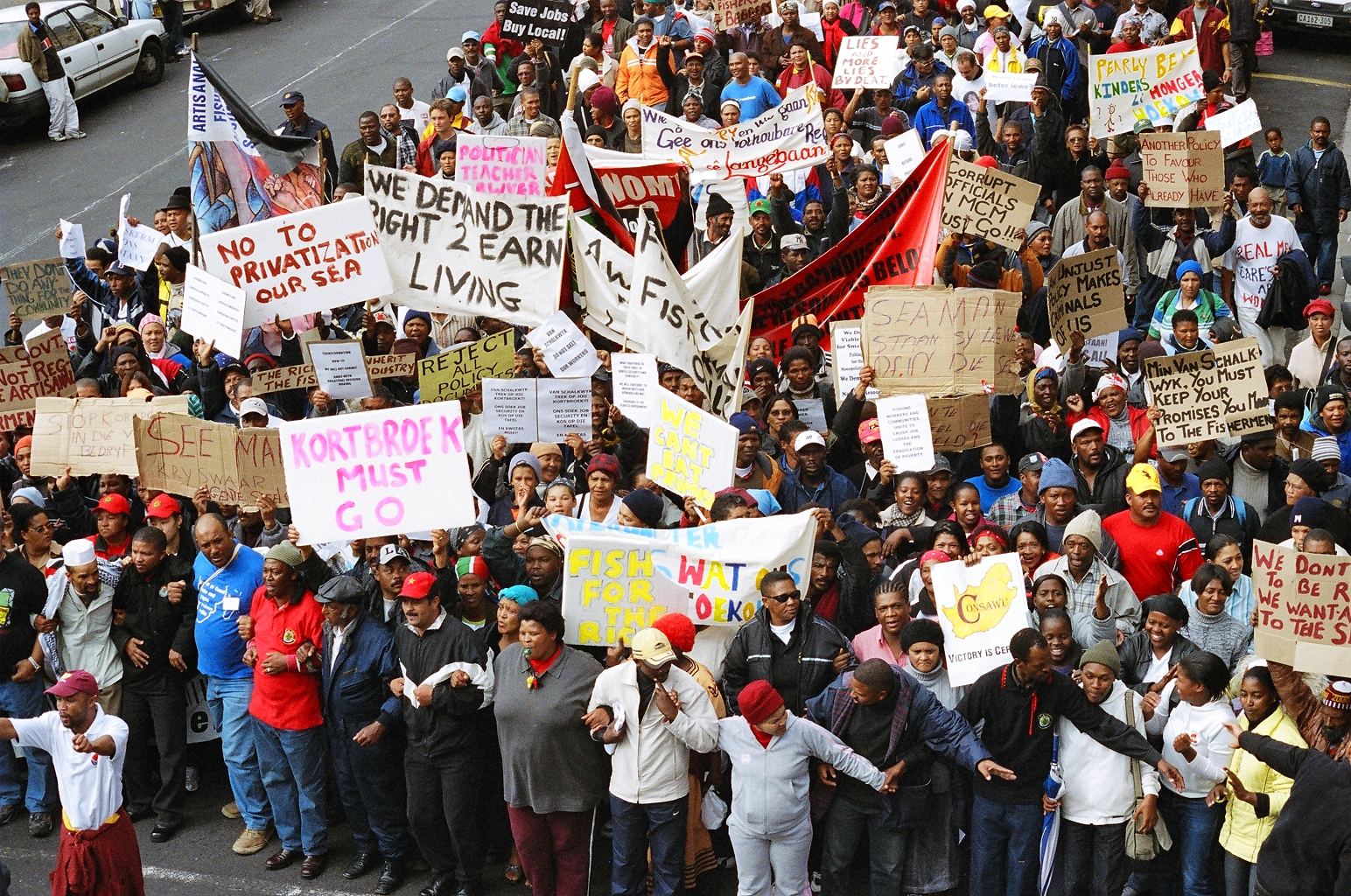
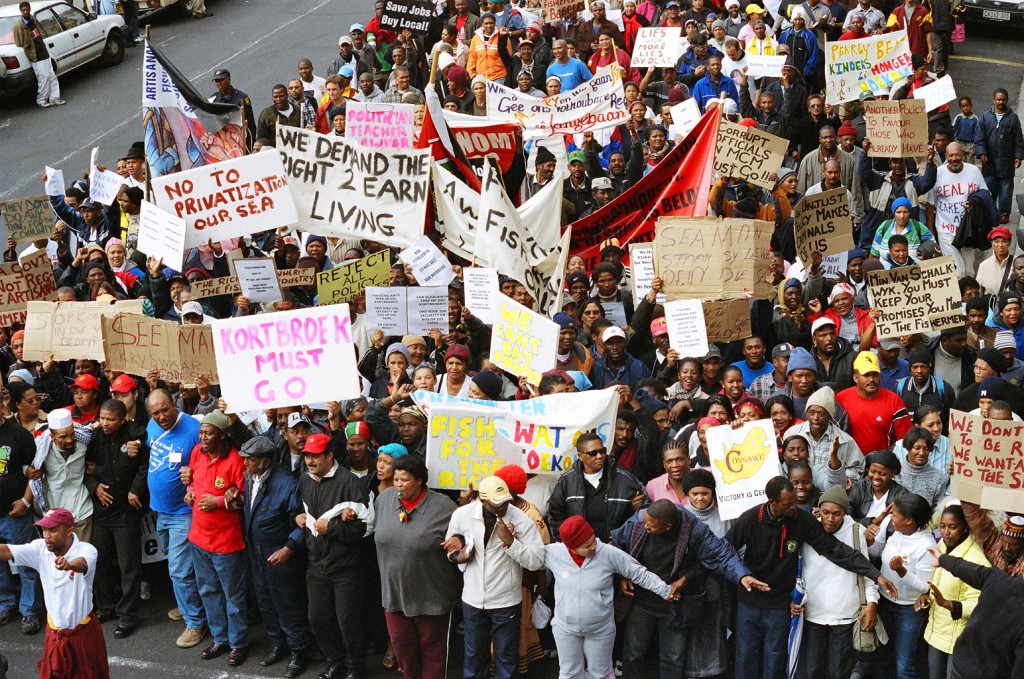
Leave a Reply